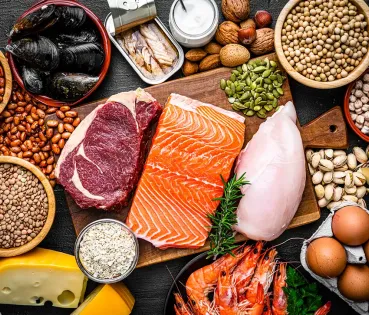
The benefits of pistachios and other equally tasty and healthy alternatives
Pistachios rank among the most Instagram-worthy nuts and seem to be all the rage. Are they really that healthy? What health benefits do pistachios have?
Nuts are fruits or seeds that have less than 50% water content and whose edible parts are rich in fats, mostly unsaturated. Regular consumption of nuts has been linked to lower mortality and lower risk of cardiovascular disease, diabetes, respiratory disease and some cancers. Hence, official dietary recommendations suggest eating a handful of nuts every day.
Pistachios are the edible nut of the Pistacia veram tree. The main pistachio-producing region is Iran, followed by the United States and Turkey. Lately there seems to be a boom in the consumption of pistachios and of some related gourmet products, such as pistachio cream or Dubai chocolate. They have great potential in the kitchen. They are used both in savoury recipes - pizza, pasta, salads, sauces such as pistachio pesto, etc. - and in desserts and sweets - ice cream, cakes, biscuits, baklava, etc.
Benefits of pistachio nuts
Like most nuts, pistachios have high energy and nutrient density. They are high in monounsaturated and polyunsaturated fats, which help to control cholesterol levels. However, they have limited carbohydrate content. They are also rich in minerals such as phosphorus, calcium, iron and potassium, and in vitamins such as A, B1 (thiamine), B6, B9, C and E.
Más allá del pistacho
There are many types of nuts. Among the most widely consumed in Spain are walnuts, almonds, cashews, pine nuts and hazelnuts. They all have a similar lipid profile in terms of the type and quantity of fats, proteins, vitamins and minerals. To maximise their benefits, it is advisable to avoid nuts that are salted, fried and/or contain honey or added sugar. Choose, instead, natural or roasted versions.
As we have seen, pistachios provide many health benefits. However, they are not alone in this; there are other equally tasty and healthy alternatives. Nuts and seeds in general have a similar nutritional composition and are very valuable options to add to your diet on a regular basis. Current dietary guidelines recommend eating a handful of nuts every day. Keep in mind that the melatonin content of pistachios is significantly higher than in other nuts. Furthermore, they also stand out due to their potassium, fibre and protein content.




